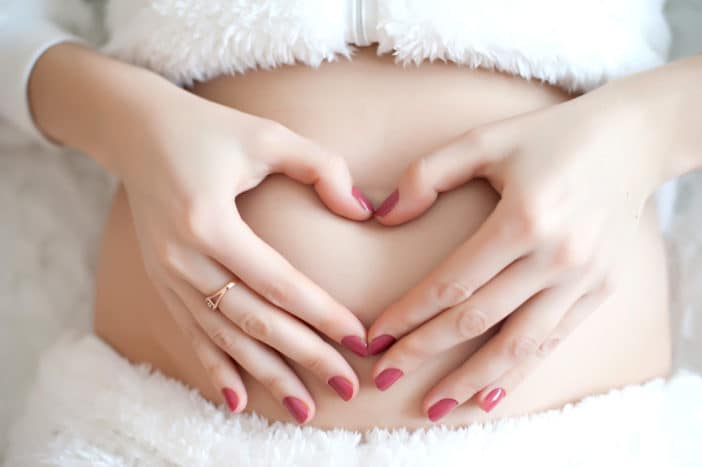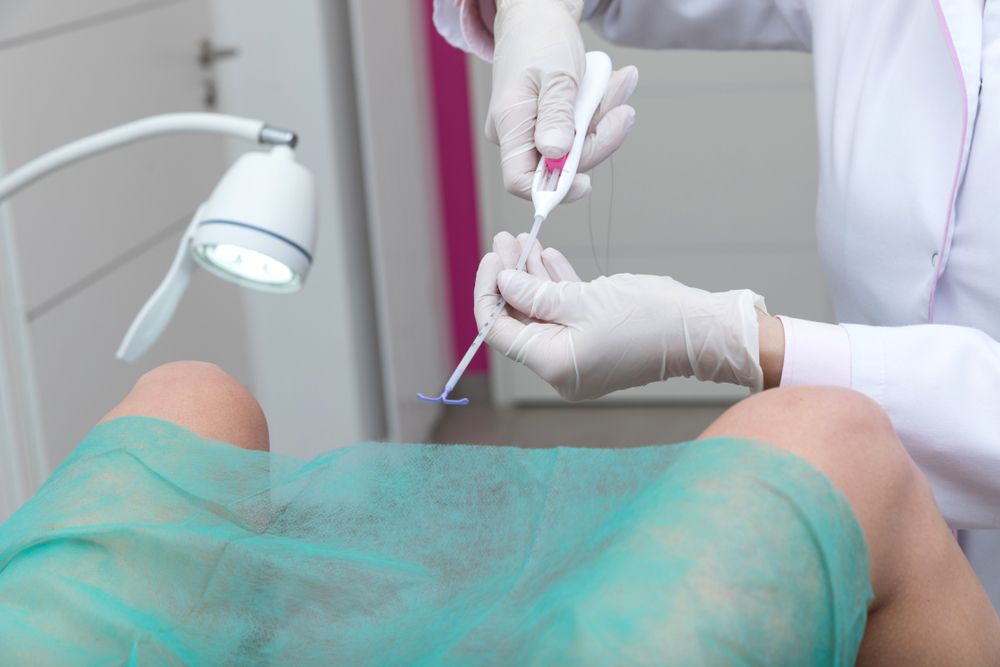Contents:
- Medical Video: Born without a uterus: finding perspective and living meaningfully | Andreia Trigo | TEDxCamden
- What is the MRKH syndrome?
- How can a woman not have a womb?
- Are there any symptoms that signal MRKH syndrome?
- What tests will be done when examined by a doctor?
- Can a woman who has no uterus due to MRKH syndrome have children?
Medical Video: Born without a uterus: finding perspective and living meaningfully | Andreia Trigo | TEDxCamden
Have you ever heard of MRKH syndrome? This rare syndrome is found in women. Women with MRKH syndrome have birth defects that make them not have a uterus (uterus) like other women. More details, see the following explanation.
What is the MRKH syndrome?
MRKH syndrome is an extension of the Mayer Rokitansky Kuster Hauser syndrome. This syndrome occurs in the reproductive system of a woman. This condition causes the vagina, cervix (cervix), and uterus to not develop properly in a woman, or even some that do not exist at all even though the condition of the external genitals looks normal. Therefore, women who experience MRKH syndrome usually do not experience menstruation because they do not have a uterus.
One in 5,000 women can experience MRKH syndrome. That's why this syndrome is classified as rare and rarely found.
In terms of chromosomes or genetic conditions, women with MRKH syndrome have a normal chromosome pattern for women (XX, 46) and the condition of the ovaries in their bodies also function normally.
There are two types of MRKH syndrome. In the first type, only the reproductive organs are affected by this syndrome. In the second type, the woman also has other abnormalities in her body parts. For example the shape or position of the kidney is not normal or one of the kidneys does not develop properly. Women with the second type of MRKH syndrome generally also have abnormalities in their spine, some experience hearing loss, and some also experience disability in their heart organs.
How can a woman not have a womb?
Actually the cause of this syndrome is not known with certainty. Changes in certain genes when the baby is still in the womb is strongly suspected as the point of occurrence of this syndrome. The researchers are also still looking for how genetic changes due to MRKH can affect the female reproductive system to such an extent.
What is clear is that the reproductive abnormalities of the MRKH syndrome occur because from the beginning of the pregnancy, the Mullerian ducts that had to be formed were not formed normally. Though this channel is the embryo of the uterus, fallopian tubes, cervix, and upper part of the vagina.
The non-formation of the Mullerian canal was still explored by the researchers. Now researchers suspect there is a combination of genetic and environmental factors in this case.
Are there any symptoms that signal MRKH syndrome?
Usually this syndrome is more clearly seen at the age of 15 or 16 years. At this age girls must be wondering why they haven't had their first menstruation either. Therefore, the condition of the MRKH syndrome is usually only diagnosed by a doctor when this teenager is around 16-18 years old.
Before that, there were usually no suspicious or alarming features. A girl will not feel symptoms such as pain or bleeding.
From other physical conditions such as breasts and pubic hair it continues to grow like other teenagers. Indeed besides that there are no special characteristics.
What tests will be done when examined by a doctor?
To make a diagnosis that a woman has MRKH syndrome or not, the doctor needs to do a series of examinations first. In addition to asking questions about patients, there are more serious tests that must be done
Blood tests function to check the condition of the body's chromosomes, whether normal or abnormal. Then an ultrasound (USG) scan or an MRI scan is performed. The scan is used to ensure that there is indeed no vagina, uterus and cervix in a woman's body.
Can a woman who has no uterus due to MRKH syndrome have children?
Although women with MRKH syndrome cannot get pregnant because of the absence of the uterus and vaginal canal, there is still a chance of having children with assisted reproduction outside the uterus. For example withsurrogate pregnancywith a surrogate mother. Because the condition of the ovary, the organ that produces eggs or ovum in women who have no uterus is still functioning properly.

















